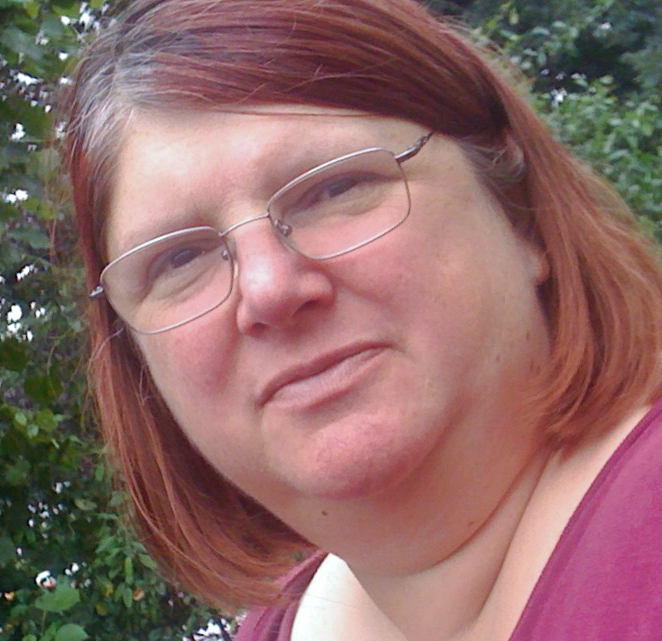Are Your Afternoon Classes Resulting in Long-Term Learning?

It’s not enough to teach non-tested subjects via ‘creative experiences’ that aren't really helping students

- by Clare Sealy

It’s fairly standard for primary schools to teach maths and English in the mornings and relegate the rest of the curriculum to the afternoon. Maybe there’s the odd morning spot for something else here and there, but the bulk of the ‘other’ subjects in most schools takes place after lunch.
Serious learning of tested subjects gets the prime time slots. The afternoon – well that’s just an afterthought.
Maybe it’s different in your school. But how many schools know how to assess learning in a meaningful way in geography? Has anyone observed a French lesson recently, or had a close look at history books? Not anywhere near as often as we look at reading, writing and maths, I’d wager.
We often complain about the pressure of SATs distorting the curriculum, yet by our actions we go along with this. How seriously do we take afternoon learning? How many senior leaders even have a clear idea of what high quality history work or computing should look like?
Harsh accountability for standards in maths and English, alongside Ofsted’s former nonchalance with regards to anything else, explain our neglect.
Alongside that, years of top down spoon-feeding of schemes of work deskilled us from thinking hard about what primary aged children should be learning about beyond the confines of English and maths.
But now Ofsted has changed its tune and wants to see schools having a proper rationale behind everything they teach, not just the ‘morning’ subjects.
They want evidence of ‘strategic decision-making’ in a school’s curriculum, with school leaders ‘able to articulate clearly what their curriculum is and what the intent is.’ Which probably means a bit more than leaving teachers to download lesson plans from one of the various online providers, without proper scrutiny as to the quality or scope of those resources.
Some are probably excellent; others less so. Other heads spend their way to coherence and buy in ready-made curricula wholesale. With ten subjects to think about, it is hardly surprising that schools outsource planning the wider curriculum to somebody else.
Undoubtedly, some headteachers really understand and support the thinking behind their pre-packaged curriculum, and have thought strategically about what they want it to achieve.
However, are leaders really sure that off-the-peg curricula are providing the kind of learning the school wants for its children? Or are heads grasping at straws, buying in a package that is at least coherent and has a rationale, without reflecting whether it supports the best learning possible?
My concern is that too little thought has gone into planning a curriculum that builds cultural capital. Instead, we hear about the ‘creative curriculum’.
My concern with this is that often, what this means is subjects mashed together with little focus on ensuring our children acquire actual knowledge about a subject in a way that will result in long term learning.
So, for example, children may make a Roman shield in a ‘cross-curricular’ marriage of art and history, but does this result in the child knowing much about the actual Roman invasions of Britain?
Will they be able to tell you how many invasions there were before the final, successful one? And who the Emperors were that ordered them? Or why some failed? Where does making a shield fit into the art scheme of work in terms of progression of skills?
Instead of rigour, some schools plan ‘exciting’ lessons and ‘memorable’ experiences, but these aren’t the best path to building long term learning.
The child may remember it was fun making the shield, but even if the lesson included content about Roman military life, this is unlikely to be remembered for very long if it was not the major focus of the lesson.
And if children forget almost everything we teach them in the afternoons, can we really be described as ‘teaching’ them anything? Are we not then better described as entertainers?
It is a daunting task to overhaul the curriculum in so many subjects. But instead of giving up and plucking someone else’s curriculum from the air, I’d urge senior leaders to start with one or two subjects and really think about what primary children should be learning and why.
We are so blinded by data and accountability, it is hard for us to think what ‘good’ looks like when there’s no national test to tell us we are doing OK. But let’s give it a go and set about developing ourselves as curriculum leaders.
Clare Sealy is a primary headteacher in Bethnal Green, London. Find her at primarytimery.com and follow her on Twitter at @claresealy.










